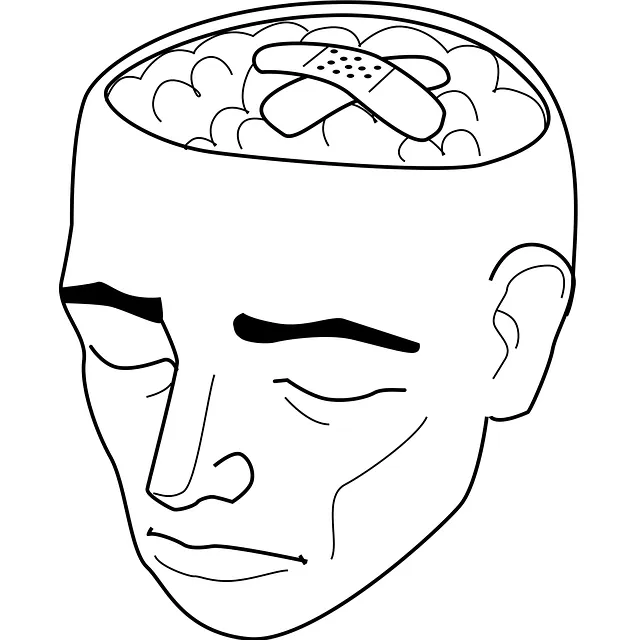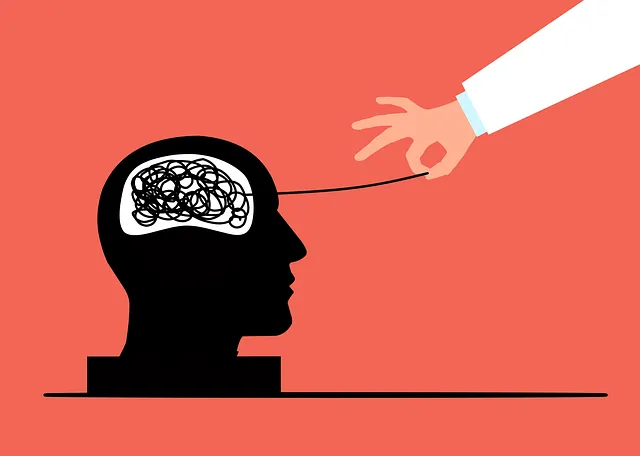In today's diverse healthcare landscape, cultural competency is crucial for providing equitable access to quality care. Organizations like Westminster Kaiser Permanente prioritize this by offering specialized mental health services and training for healthcare providers to address unconscious biases and stereotypes. Comprehensive training, public awareness campaigns, and emotional well-being promotion techniques foster understanding and empathy among diverse populations, leading to more personalized and effective treatment plans. The Westminster Kaiser Permanente mental health phone number exemplifies accessibility and inclusivity in mental health care.
Cultural competency training is an essential aspect of modern healthcare, with institutions like Westminster Kaiser Permanente recognizing its impact on patient care. This article delves into the critical need for such training, exploring how biases and stereotypes can hinder effective treatment, particularly in mental health services. We present strategies for comprehensive training programs that empower healthcare providers to offer equitable care to diverse populations, emphasizing the importance of understanding cultural contexts, as highlighted by the Westminster Kaiser Permanente approach.
- Understanding Cultural Competency in Healthcare: A Necessity in Modern Practice
- The Impact of Bias and Stereotypes on Patient Care
- Strategies for Effective Training: Equipping Providers for Diverse Populations
Understanding Cultural Competency in Healthcare: A Necessity in Modern Practice

In today’s diverse healthcare landscape, cultural competency is no longer a nice-to-have, but an absolute necessity. It refers to the ability of healthcare providers to understand and appreciate the cultural differences of their patients, recognizing that these variations shape how individuals perceive health, illness, and healing. This understanding fosters effective communication and builds trust between providers and diverse patient populations, ensuring equitable access to quality care. For instance, Westminster Kaiser Permanente, known for its comprehensive mental health services, emphasizes cultural competency as a cornerstone of its practice, offering specialized trauma support services and stress reduction methods tailored to meet the unique needs of various communities.
By integrating cultural competence training into healthcare curricula and ongoing professional development, providers can better address disparities in mental wellness outcomes. This includes recognizing unconscious biases that may impact clinical decisions and learning adaptive communication strategies. Trained professionals are better equipped to provide holistic care, considering not just the physical aspects of health but also the psychological and social factors that influence well-being, especially for marginalized communities. Such an approach ensures that everyone receives respectful, culturally sensitive treatment, ultimately improving patient satisfaction and outcomes.
The Impact of Bias and Stereotypes on Patient Care

Unconscious biases and stereotypes held by healthcare providers can significantly impact patient care, particularly in mental health services. These biases, often rooted in societal norms and cultural misunderstandings, can lead to misdiagnoses, inadequate treatment plans, and a lack of empathy towards patients from diverse backgrounds. For instance, a provider’s preconceived notions about a patient’s cultural practices or personal history might cause them to overlook essential symptoms or provide less aggressive treatment, affecting the overall quality of care.
Westminster Kaiser Permanente’s mental health phone number is a valuable resource for those seeking support. However, ensuring equitable care requires comprehensive Healthcare Provider Cultural Competency Training. This training aims to educate professionals about the diverse range of patient experiences, promoting understanding and sensitivity towards cultural differences. By addressing biases and stereotypes, healthcare providers can offer more personalized and effective treatment, including improved Mental Health Awareness and Emotional Regulation techniques tailored to each individual’s unique needs.
Strategies for Effective Training: Equipping Providers for Diverse Populations

Effective cultural competency training for healthcare providers involves a multifaceted approach tailored to equip them for diverse populations. One key strategy is Public Awareness Campaigns Development, which can foster understanding and empathy among caregivers and the broader community, ensuring sensitive handling of various cultural backgrounds. These campaigns often include Emotional Well-being Promotion Techniques that encourage open dialogues about mental health, breaking down barriers associated with seeking support.
Additionally, interactive sessions such as Stress Management Workshops Organization can enhance providers’ ability to recognize and address cultural triggers related to stress and anxiety. By incorporating these workshops, healthcare professionals learn adaptive coping mechanisms that benefit both their personal lives and patient interactions. This holistic training approach not only enhances the quality of care but also strengthens relationships between caregivers and patients from diverse cultural settings, exemplified by initiatives like the Westminster Kaiser Permanente mental health phone number, which prioritizes accessibility and inclusivity in mental health services.
Cultural competency training is not just a suggestion, but an imperative in modern healthcare. By addressing biases and stereotypes, and implementing effective strategies, healthcare providers can improve patient care for diverse populations. At Westminster Kaiser Permanente, recognizing the importance of mental health services, their dedicated phone line (e.g., [Westminster Kaiser Permanente mental health phone number]) ensures accessible support. This approach reflects a commitment to fostering inclusive care environments that honor and respect every patient’s unique cultural background.






